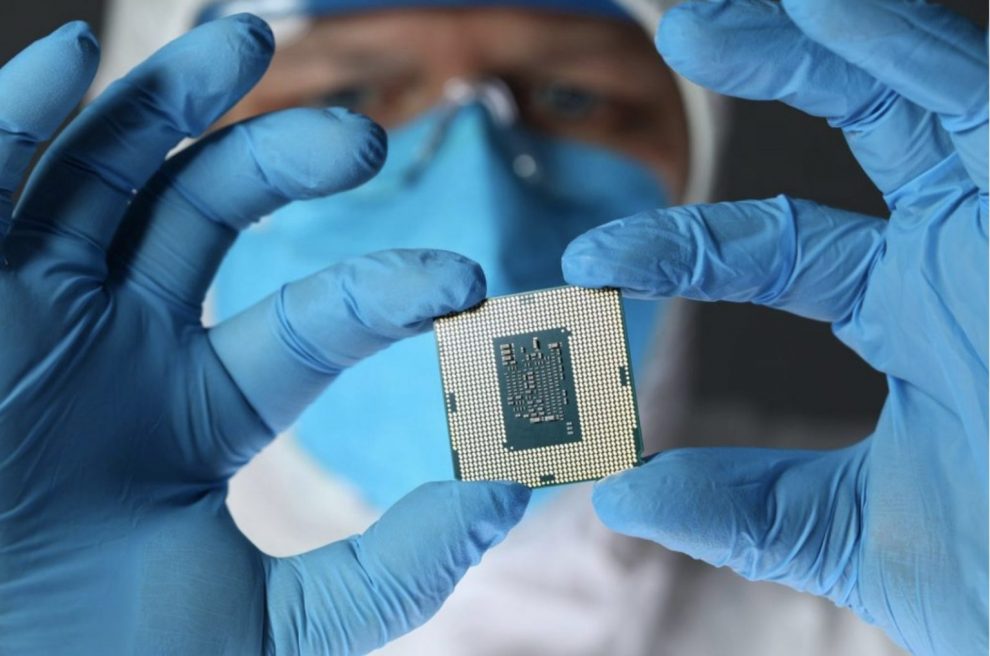Following US sanctions, handset maker Huawei said it was running out of high-level semiconductors – or chips – for its mobile devices. Its main supplier, Taiwan’s TSMC would face censure from the US if it continued to provide Huawei with its Kirin chips, used in all Huawei’s leading mobile devices.
But Beijing and Shenzhen may have found another way around this problem.
Japan’s Nikkei has reported China’s semiconductor start-ups Hongxin and Quanxin have recruited more than 100 senior employees from Taiwan Semiconductor Manufacturing company (TSMC).
It said that since last year, the two semiconductor start-ups have been recruiting top semiconductor fabrication (Fab) talents. Also, as reported by AF that Huawei is also trying to develop chip solutions with SMIC.
According to the semiconductor industry organisation SEMI, China has the world’s largest number of newly built or planned chip Fabs, and is expected to exceed other countries in spending on chip manufacturing equipment in 2020 and 2021.
SMIC, the largest contract manufacturer in mainland China, recently raised its capital expenditure to US$6.7 billion. It also announced the establishment of a joint venture with the Beijing Economic and Technological Development Zone, which will focus on the development and operation of integrated circuit projects of 28 nanometers and above.
Emerging semiconductor producers, such as Quanxin and Hongxin, have received support from local governments, which has intensified the fierce competition and pursuit of top chip talent.
Trade Secrets
According to Nikkei, TSMC is very worried about the loss of talented staff. Although it does not affect its leading position, it is worried that its trade secrets will be leaked. The firm requires chip production equipment manufacturers to sign a pledge not to sell any TSMC custom tools to mainland projects.
When it was revealed that Quanxin had started operating a research and development base not far from the most advanced 5-nanometre factory in southern Taiwan, TSMC was disturbed.
Taiwan news reports show TSMC plans to add 8,000 workers to its new R&D centre, which is expected to be completed by the end of this year. It will focus on the research and development of 3 nanometre and above process technology.
In the current circumstances, Huawei cannot get high-end chips for its phones, but can still get chips for its hardware. As the trade war escalates all Chinese handset manufacturers are watching developments nervously, the majority rely on Qualcomm Snapdragon chips. And Huawei is attempting a workaround with TSMC.
On August 7, Huawei’s Yu Chengdong publicly stated that due to US restrictions Huawei chips are out of stock altogether by September 14. The chips in question are Huawei’s 5G base station chips, Huawei’s mobile phone chips and artificial intelligence chips.
TSMC’s joint CEOs Liu Deyin and Wei Zhejia said that current US regulations do not prohibit the shipment of standard products or general products to Huawei, so they believe that Huawei’s smartphone business is likely to develop strategies by purchasing ‘general products.’
But under US pressure TSMC appears to have backed away from that stance. It is building a plant in the United States and negotiating huge subsidies from the US government. It is reported that the subsidy requested by TSMC exceeds $4 billion and is still under negotiation.
At present, Huawei appears stalled, while 5G competitors in Japan, Korea, the US and Europe all developing their own 5G solutions.
In the game of chequers that is the Sino-US trade war, no winner is apparent yet.
• By Chris Gill
This page was upgraded on February 14, 2022 to meet style standards.
























